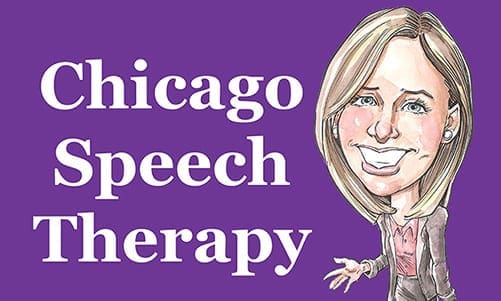What Is Backing?
Every language has rules about how sounds can be combined. There’s even a name for the science of speech sounds and sound patterns; it’s called “phonology.” As children listen and learn speech, they naturally pick up on these rules and learn to speak like the adults around them. However, this process also intrinsically involves making mistakes and learning as a gradual process. No baby is going to start out saying “I’d like a glass of water please.”
“Backing disorders are often classified as types of substitutions because when the pronunciation of sounds is moved to the back of the mouth, a substitute sound is made instead. For example, someone with a backing disorder who attempts to produce a “t” sound may well produce a “k” sound instead” (Speech Disorders).
Is it Common?
Because learning is a process and the brain naturally likes order and patterns, sometimes children will develop their own rules for pronouncing words – generally this is to make the pronunciation of words easier. When a child does this it’s called a phonological “error” or process, and it’s very natural for children between the ages of 3-5. Backing is one such phonological process and it involves substituting sounds that should be made at the front of the mouth for sounds generated at the back of the mouth. For example, “tap” could become “cap” or “dot” could become “got”.
When Should I Seek Professional Help?
Backing is a very common phonological disorder and will generally clear up on its own as the child gets older. However, if your child’s speech is unintelligible or if he is still backing after the age of 5, obtaining a speech evaluation from a speech language pathologist (SLP) might be advisable. An evaluation does not commit you to getting speech therapy; it is simply a tool which can help determine if your child needs therapy or not. Additionally, if it turns out your child does need therapy, it is likely to be more effective if you’re seeking treatment early on.
The good news about phonological disorders is that they don’t involve any kind of muscular disability – your child has merely picked up a wrong pattern for connecting sounds and must re-learn the correct ones. Children with phonological disorders, like backing, tend to benefit greatly from speech therapy.
While the prospect of therapy might sound daunting, treatment of phonological disorders is often a very straightforward process. Treatment may involve demonstrating how to produce the sound correctly, learning to recognize correct and incorrect sounds, and practicing sounds in different words through repetition.
If your child does require therapy, there are two things you can do that will have a huge impact on your child’s success: The first is getting involved in the process. A speech-language therapist will also be able to recommend games and at-home practices to do with your child that will enhance the work done in formal therapy sessions. Secondly, be patient with your child. Any speech abnormality, no matter how short lived, can have adverse side effects if the child’s self-esteem or confidence is put into jeopardy by ridicule or too much pressure to perform well. Chances are good that your child will overcome his or her phonological disorder, but it will take a bit of time.


